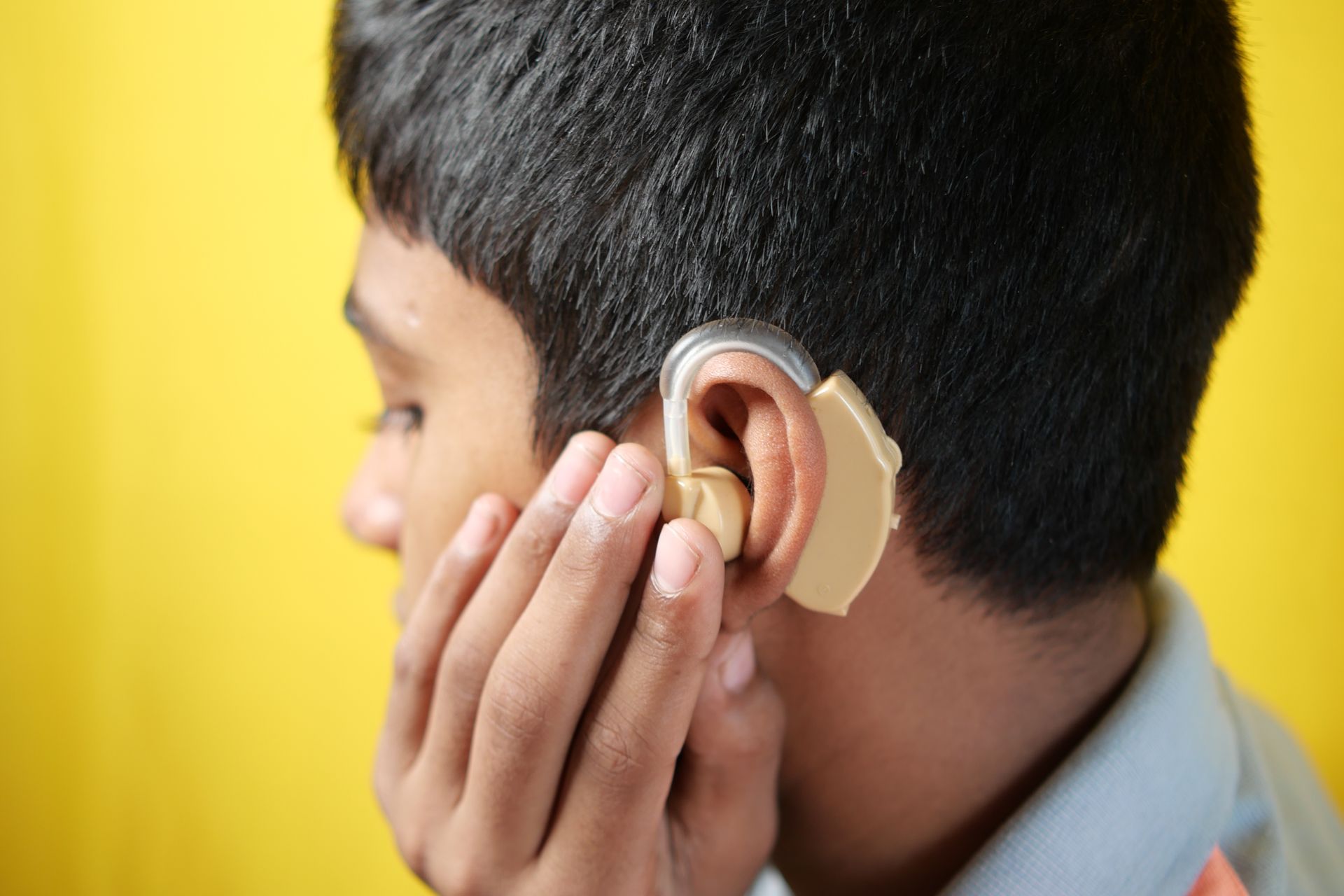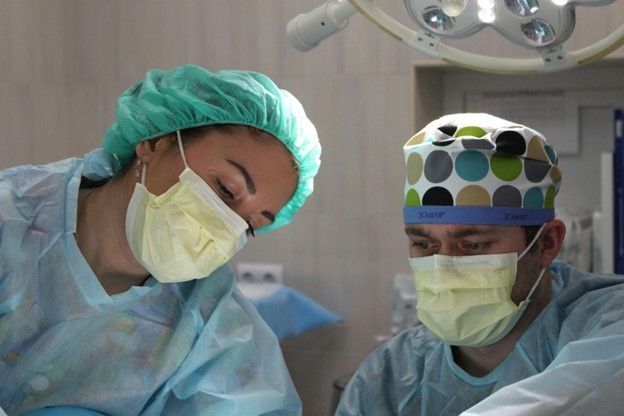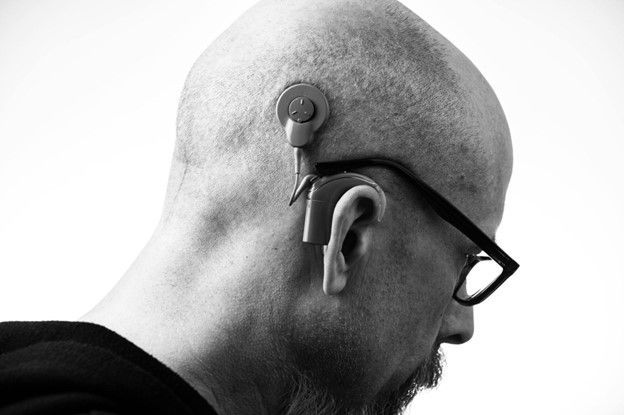Why You Should See a Fellowship-Trained Rhinologist in Hartford and New Haven, CT
General practitioners are well-equipped to offer you quality support and preventive care. Still, there are times when you will benefit from seeing a specialist who can diagnose and treat more specific concerns. Choosing a fellowship-trained rhinologist in Hartford and New Haven, CT, can help ensure you get the best possible treatment and all the answers you need for your nasal problems.
Who Is a Rhinologist?
Rhinology is the study of the nose, its anatomy, and the different diseases of the nose and paranasal sinuses. Patients suffering from chronic sinusitis, nasal polyps, nasal obstruction, chronic nasal drip, skull base tumors, allergies, allergic fungal sinusitis, or other nose and sinus conditions should consult a rhinologist.
As specialists, rhinologists are experts in their field—after all, they’ve dedicated additional time and resources to learn more about the treatment of the nose, paranasal sinuses, skull base, and orbit.
So What Does a Fellowship-Trained Rhinologist Mean?
A fellowship-trained rhinologist is basically an otolaryngologist (ENT physician) who has specialized and successfully completed fellowship training in the field of rhinology and skull base surgery.
To be certified as a fellowship-trained rhinologist, the physician needs to be selected for an additional sixth year of specialized training after completing five years of study as a general ENT doctor.
Compared to a general ENT physician, a fellowship-trained rhinologist has more exposure to the most challenging sinus and skull base diseases and more experience in endoscopic sinus surgery. So it is advisable to consult such an expert when dealing with complicated and rare nasal disorders.
Benefits of Seeing a Fellowship-Trained Rhinologist in Hartford and New Haven, CT
There are many remarkable benefits to seeing a fellowship-trained rhinologist in Hartford and New Haven, Connecticut. These specialists have extensive knowledge in their field, which enables them to advise patients on the best treatment options. They are also tech-savvy and extremely knowledgeable, staying up to date on the most cutting-edge procedures and the latest research. In addition, since fellowship-trained rhinologists have a more in-depth understanding of various sinus-related health concerns, they can provide comprehensive care to their patients.
Many medical students become ENT doctors but there are a chosen few who get selected for the fellowship program. In fact, only 69.2% of the 296 ARS (American Rhinologic Society) members who self-identify as rhinologists are fellowship-trained.
At ENT Medical and Surgical Group, our team consists of expert fellowship-trained rhinologists like Dr. Eugenia M. Vining and Dr. Tapan D. Patel in addition to several board-certified otolaryngologists. Our patient-first approach to ENT care ensures that we provide the most accurate diagnosis and the best treatment possible for your nasal and sinus problems. Our physicians are incredibly passionate about their work and provide comprehensive otolaryngological and hearing care for both adult and pediatric patients.
If you or someone you know is experiencing sinus problems frequently, and regular antibiotics or over-the-counter medicines have failed to provide relief, seek expert help immediately. Get in touch with the team at ENT Medical and Surgical Group for a full checkup and consultation. To schedule an appointment with one of our fellowship-trained rhinologists in Hartford and New Haven, CT, contact us today.













